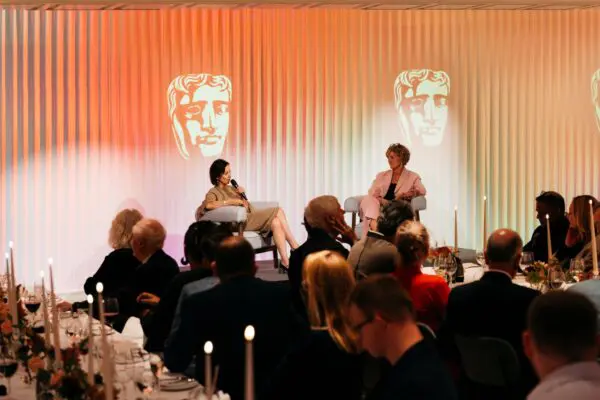The last few years have seen positive steps when it comes to environmental sustainability and climate storytelling in the screen industry. Helping lead the charge is BAFTA albert who support the film and TV industry to reduce environmental impacts of production and create content supporting a vision for a sustainable future. Their research shows climate references now cross multiple topic areas with “over 70% of productions [in continuing Dramas and News] including climate content.” And a further 31% of productions on average, across all genres, are including climate content “with the themes of food and agriculture, nature, waste and consumption being the most popular.”
If we want these positive steps to creating a greener screen industry to continue though we must continue to act. One way to do this is to keep climate storytelling front of mind in every pitch and every commissioning decision. After all, as Charlotte Moore, from the BBC says: “65% of the UK get their information about climate change from the television. I think that means it’s the responsibility not just of factual but of all genres to really tackle the issue and make sure that they include it in their programming”.
That’s why BAFTA albert’s 2025 Green Light Season is so important. A series of, discussions and screenings designed to inspire content makers to take our collective commitment to sustainability to new heights, the season is packed with practical and motivating talks to help the industry keep moving forward.








